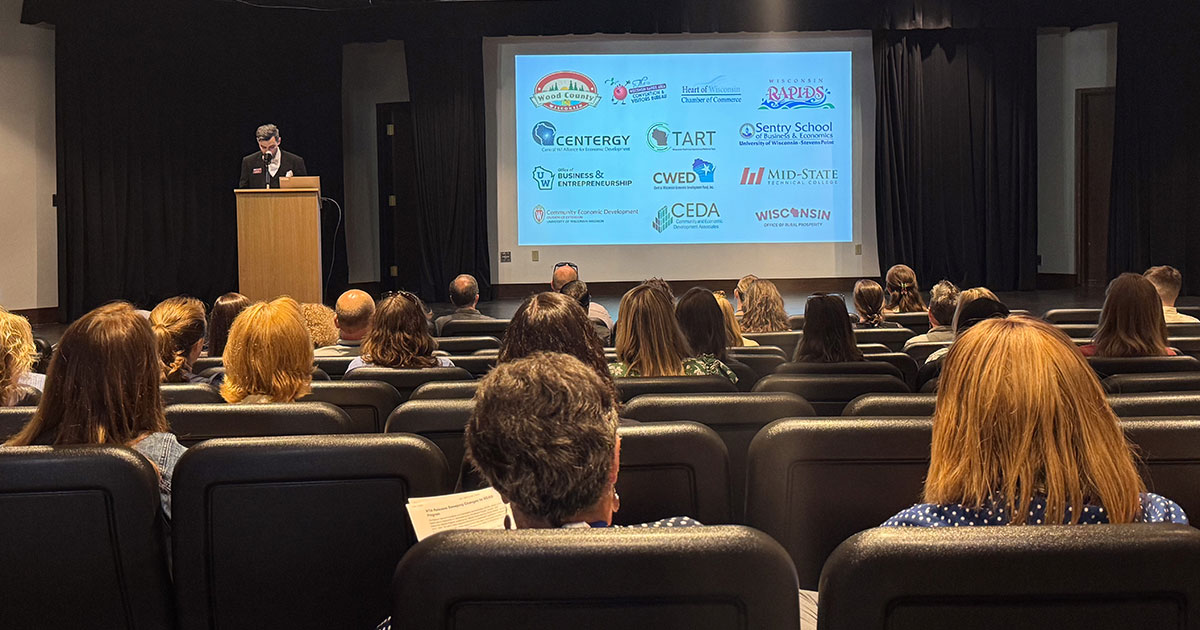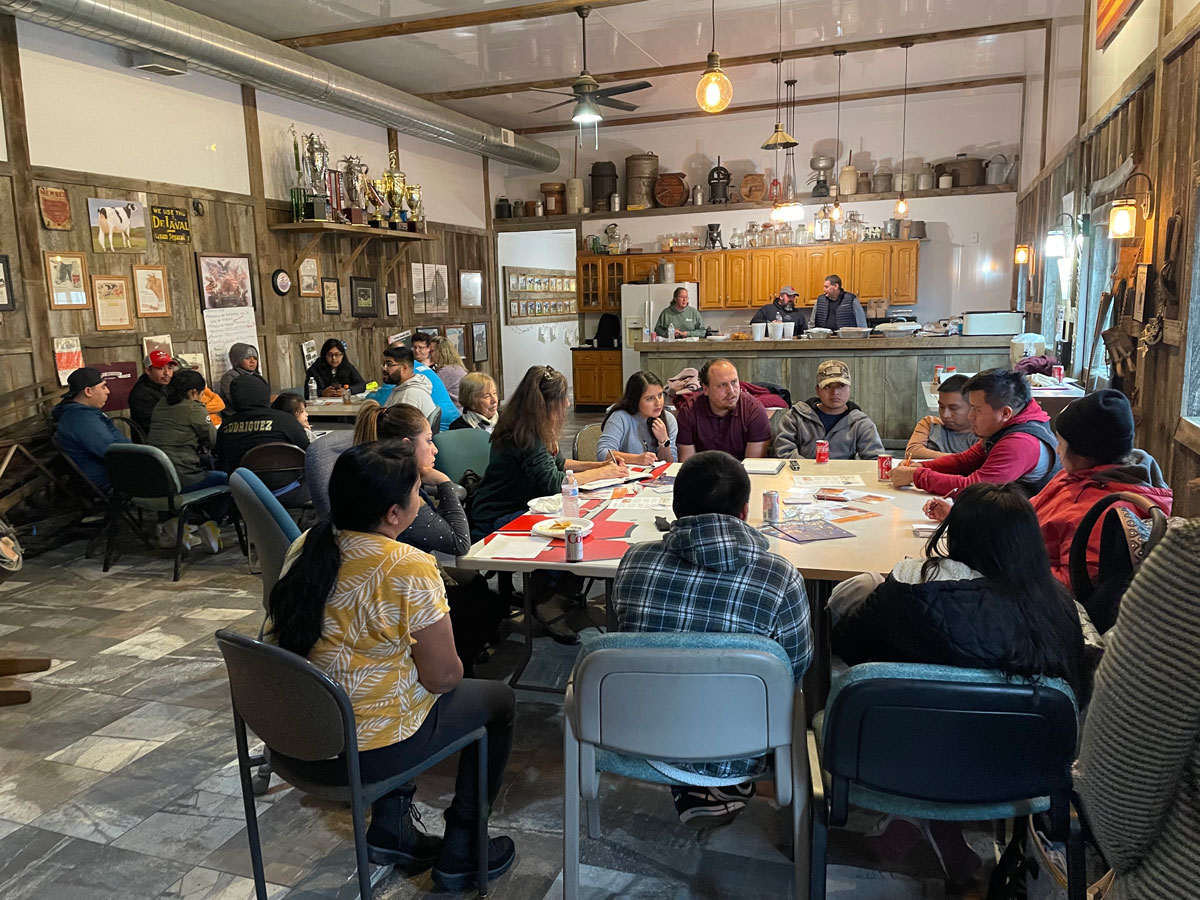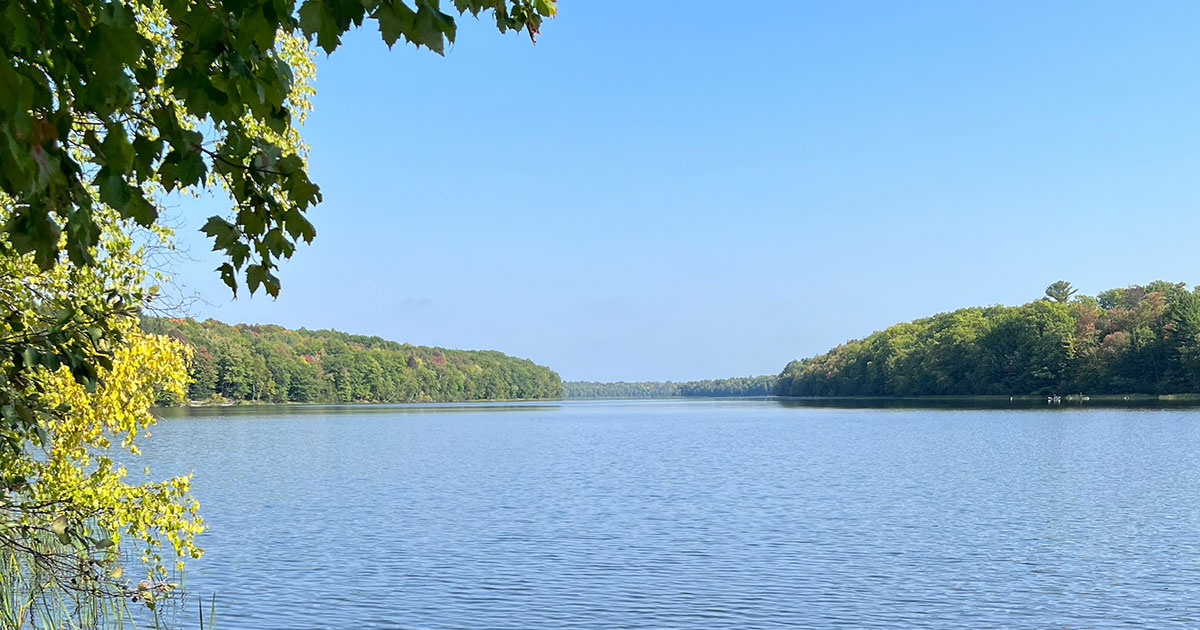Health Care Resources
When people are healthy—physically, mentally, and emotionally—they are better equipped to accomplish their goals at home, at school, and at work.
During public forums in 2020, hundreds of rural residents told the Governor’s Blue Ribbon Commission on Rural Prosperity that they need the state to make health services more accessible to them. Their suggestions included:
- Adopt full Medicaid expansion.
- Invest in public health to save lives and money.
- Explore ways to expand rural health insurance coverage and health care access.
- Ensure reimbursement for virtual physical and mental health services, post-COVID.
- Expand career opportunities that encourage medical professionals and caregivers to choose to work in rural Wisconsin.
Details of the public comments about rural health care are available here.
Here are some of the resources available in Wisconsin to address those concerns:
Rural Wisconsin Health Cooperative
Rural Wisconsin Health Cooperative (RWHC) has been providing affordable services to health care organizations since 1979. RWHC is owned and operated by 44 rural hospitals. The Cooperative’s emphasis is on developing a collaborative network among both freestanding and system-affiliated rural hospitals. RWHC offers a variety of programs and services to its members as well as to other clients across the U.S.
Wisconsin Office of Rural Health
The Wisconsin Office of Rural Health works to improve the access to, and quality of, rural health care, including grants to rural hospitals and communities, professional training, and assessment tools. It was established by the University of Wisconsin-Madison in 1975.
Wisconsin Department of Health Services
The Wisconsin Department of Health Services administers a wide range of services in the state and at state institutions, regulates hospitals and care providers, and supervises and consults with local public health agencies. Its mission is to protect and promote the health and safety of the people of Wisconsin.
Wisconsin Rural Physician Residency Assistance Program (WRPRAP)
WRPRAP promotes collaboration among Wisconsin health systems, residency and fellowship programs, and state agencies that aim to enhance rural graduate medical education and make rural Wisconsin a healthier place to live, work, and play. WRPRAP funding opportunities target and prioritize educational activities for new physicians in rural Wisconsin communities, with the goal of training more physicians to meet Wisconsin’s rural workforce needs.
Education Loan Repayment Program
The Wisconsin Office of Rural Health administers two loan assistance programs: the Health Professions Loan Assistance Program and the Rural Provider Loan Assistance Program.
Wisconsin Medical Society Foundation Community Grants
The Wisconsin Medical Society Foundation focuses on providing support for physician-led, community-based, or statewide programs to improve health through education and outreach.
Wisconsin Rural Health Conference
The annual Wisconsin Rural Health Conference is the statewide forum designed to highlight public policy issues affecting rural health care, identify how the delivery of and access to rural health care are changing, and determine ways in which data and technology are improving care and access for rural populations. The 2024 Wisconsin Rural Health Conference will be held June 19-21 in Appleton.






